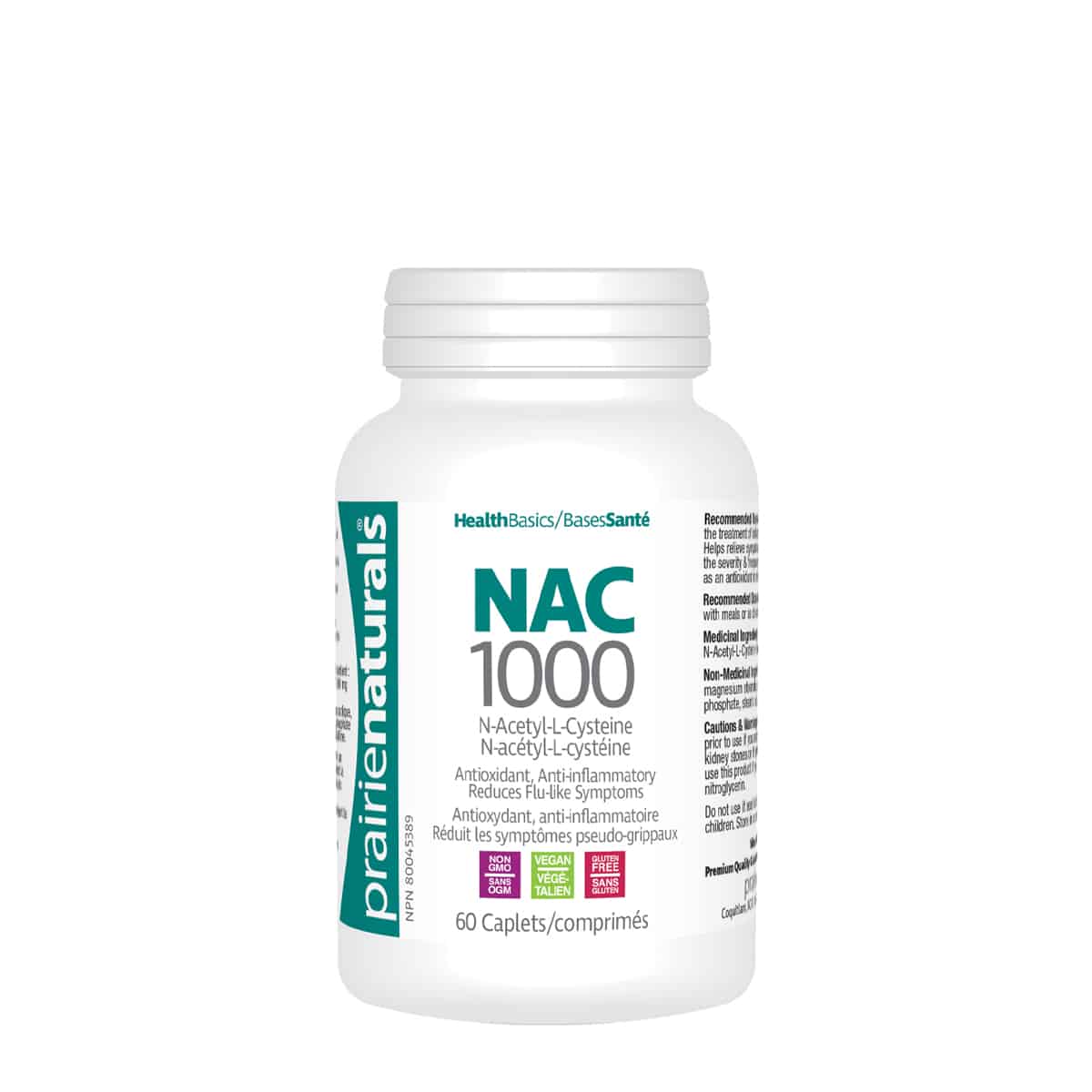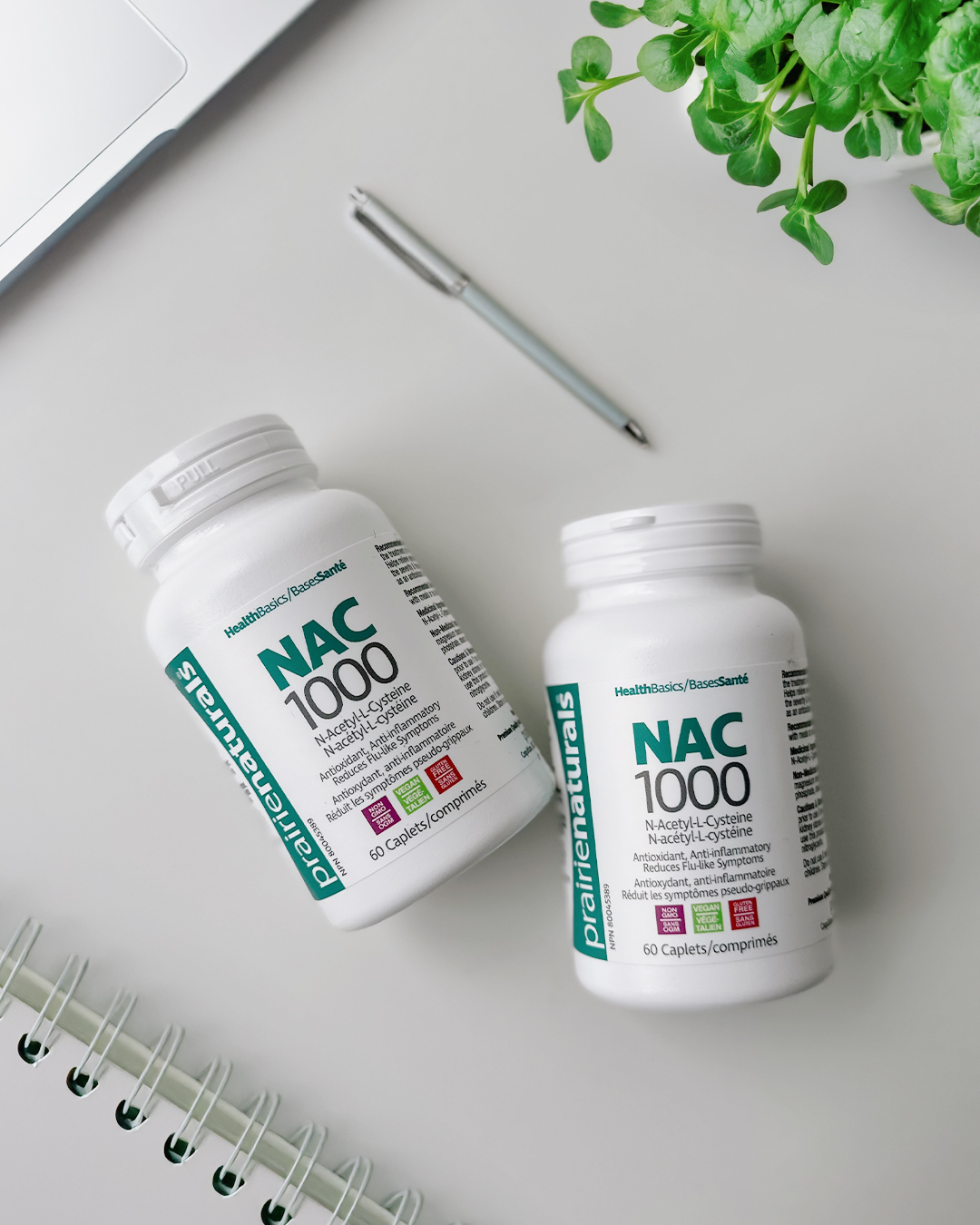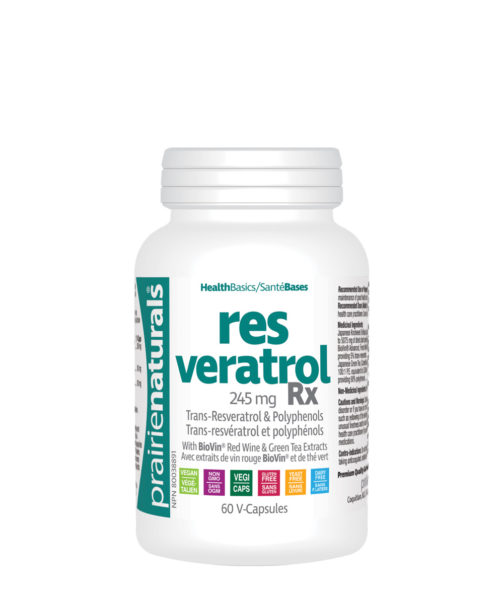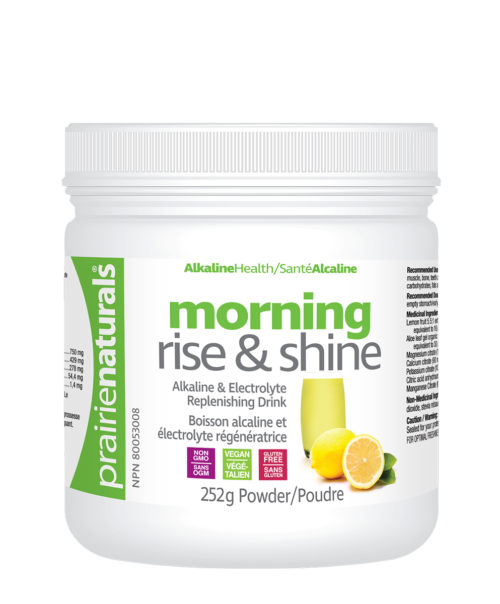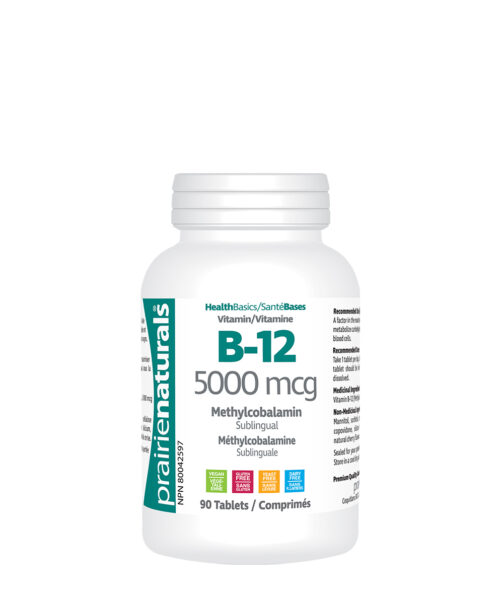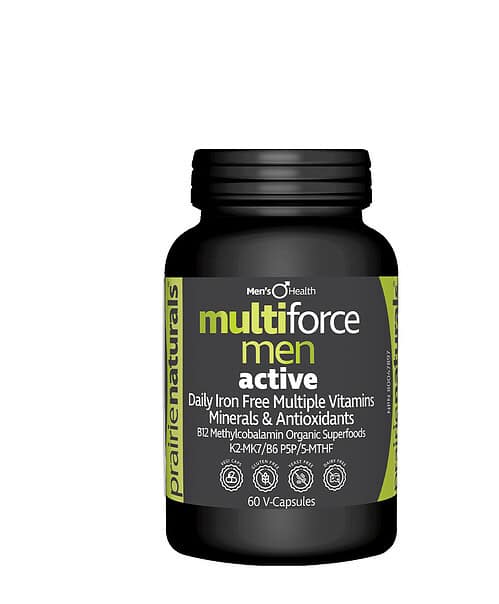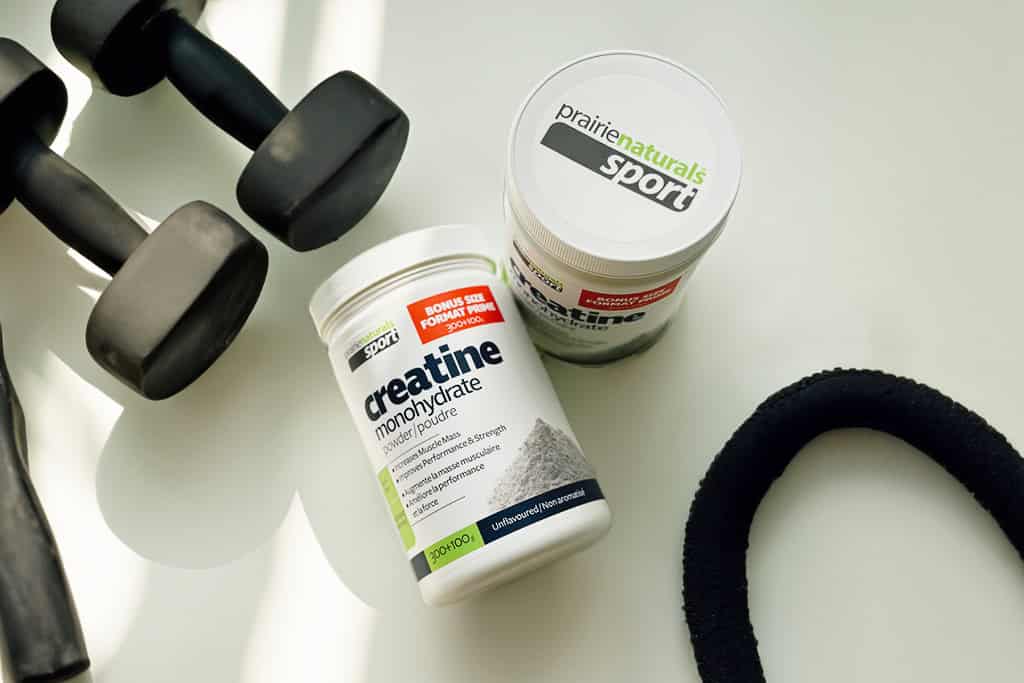NAC 1000
Gluten-Free
Non-GMO
Vegan
Get to Know This Product
What is N-Acetyl-Cysteine (NAC)?
N-Acetyl-Cysteine (NAC) is a precursor to the essential sulfur-containing amino acid L-cysteine, found in high-protein foods such as eggs, chicken and turkey. Often referred to as the building blocks of protein, amino acids like cysteine are essential to body function and help with various processes such as building muscle or regulating immune function.
What does it do?
Every cell in the human body is vulnerable to potential free radical damage. Since NAC is a powerful antioxidant, the health applications are extensive and diverse.
Acts as a glutathione/antioxidant enhancer – NAC acts as a precursor to glutathione, a powerful antioxidant that prevents damage from free radicals on a cellular level. Free radicals are unstable atoms that cause major damage to cells by breaking them down, which in turn can lead to serious illnesses, like diabetes, cancer and Alzheimer’s. Glutathione and other antioxidants neutralize free radicals and help combat cell damage throughout the body.
Supports respiratory health – Research indicates that N-Acetyl-Cysteine is an immune system enhancer, improving the symptoms of common respiratory illnesses such as chronic bronchitis and may further protect lung tissue from other conditions through its antioxidant activity. NAC has even been shown to protect and nourish lung tissue in cases of chronic bronchitis and is being investigated for use with chronic obstructive pulmonary disease (COPD) and pneumonia.
Improves cardiovascular health – A 2012 review found that NAC helped prevent significant cardiovascular illnesses including atherosclerosis, heart failure, and ischemic heart disease, as well as provided benefits prior to various heart surgeries. While cysteine, the amino acid from which N-acetylcysteine is derived, is found in most high-protein foods, N-Acetyl-Cysteine is not derived from the diet, therefore supplementation is important.
Prairie Naturals NAC 1000 is the most potent dose of N-Acetyl-Cysteine available in Canada.
Sources:
• https://pubmed.ncbi.nlm.nih.gov/24835770/
• Aldini G, Altomare A, Baron G, et al. N-Acetylcysteine as an antioxidant and disulphide breaking agent: the reasons why. Free Radic Res 2018;52(7):751-762. doi:10.1080/10715762.2018.1468564
• Boman G, Backer U, Larsson S, Melander B, Wahlander L. Oral acetylcysteine reduces exacerbation rate in chronic bronchitis: a report of a trial organized by the Swedish Society for Pulmonary Diseases. Eur J Respir Dis. 1983 Aug;64(6):405-15.
• van Schayck CP, Dekhuijzen PN, Gorgels WJ, et al. Are anti-oxidant and anti-inflammatory treatments effective in different subgroups of COPD? A hypothesis. Respir Med. 1998 Nov;92(11):1259-64.
• https://www.openaccessjournals.com/articles/potential-role-of-nacetylcysteine-in-cardiovascular-disorders.pdf
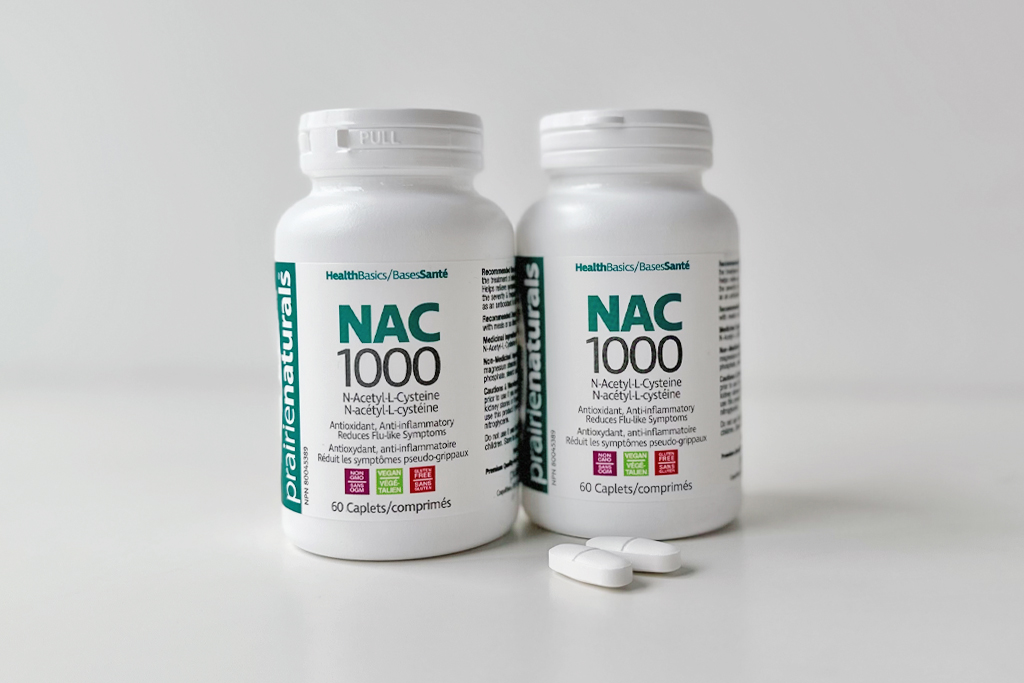
This product has greatly improved my overall health and well-being. I highly recommend it to anyone looking for a natural solution!Anonymous

